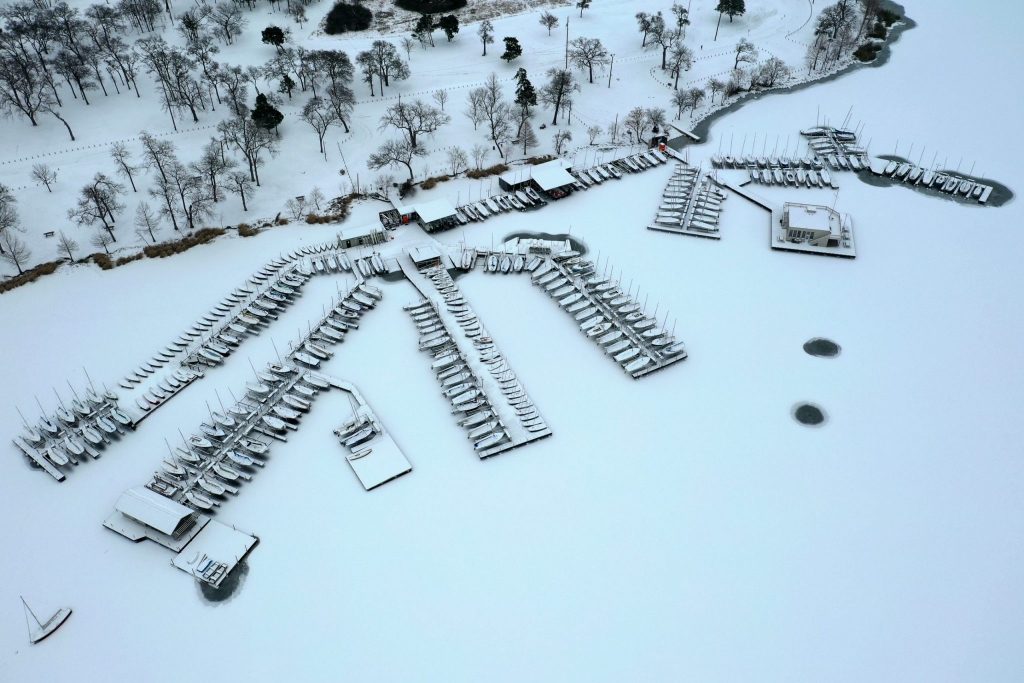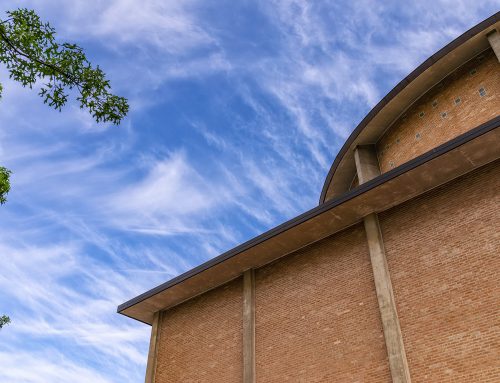
White Rock Lake. Photography courtesy of Elliott Snedden.
Many neighbors are waiting for construction workers and insurance adjusters, who are in high demand in the aftermath of last week’s storm.
While they wait, there are certain steps to take to be prepared.
Homeowners should keep any receipts from hotels, contractors or other expenses so their insurance companies can reimburse them. Temporary repairs should be made, but homeowners shouldn’t make any permanent repairs until the claims adjuster has seen the damage, according to the Insurance Information Institute.
Contractors should detail any repairs on their invoices.
Policies will typically cover damage caused by burst pipes, but there could be limitations, according to the Texas Department of Insurance.
Though each claim is unique, there are some actions residents should do regardless of their specific claim. For example, Allstate recommends people separate damaged from undamaged property.
Homeowners should photograph damaged property and note when the items were bought and what it would cost to replace or repair them.
Make sure homes are safe to live in until repairs can be made, writes Camille Garcia, the director of communications and public affairs at the Insurance Council of Texas, which represents the insurance industry in the state. This allows homeowners to identify and track hidden damage.
Some neighbors had to seek shelter in hotels or other lodgings if their homes became unlivable due to the cold. Garcia writes while most policies include Additional Living Expense (ALE) coverage, it applies to the time when repairs are being made and usually is not extended because of a loss of power or water.
Other costs covered under ALE are those associated with rent, telephone or utility installation costs in temporary housing, and transportation.
Last week, many were unable to travel to grocery stores or cook food at home. Garcia says some policies cover losses to a certain limit, while others cover the amount subject to the deductible. There is also variation for renters and homeowners, so people should check with their agents.
Costs associated with eating out are usually covered under ALE policies, and those kick in when there is covered damage to a home.
If any trees fell on houses as a result of snow or ice, most insurance companies will pay up to $500 to remove the trees and also will pay for damage to insured structures and what’s inside them up to certain policy limits.
More answers to frequently asked questions related to winter storm damage can be found here, but homeowners and renters should always reach out to their agents to make sure their policies cover the damage.






